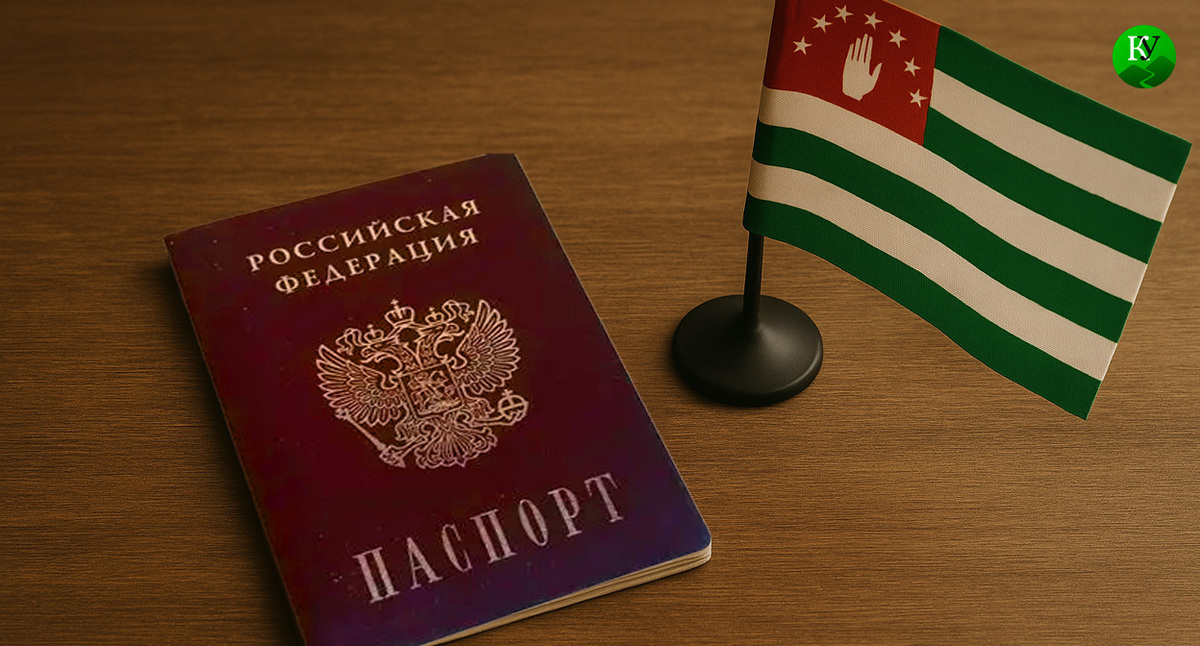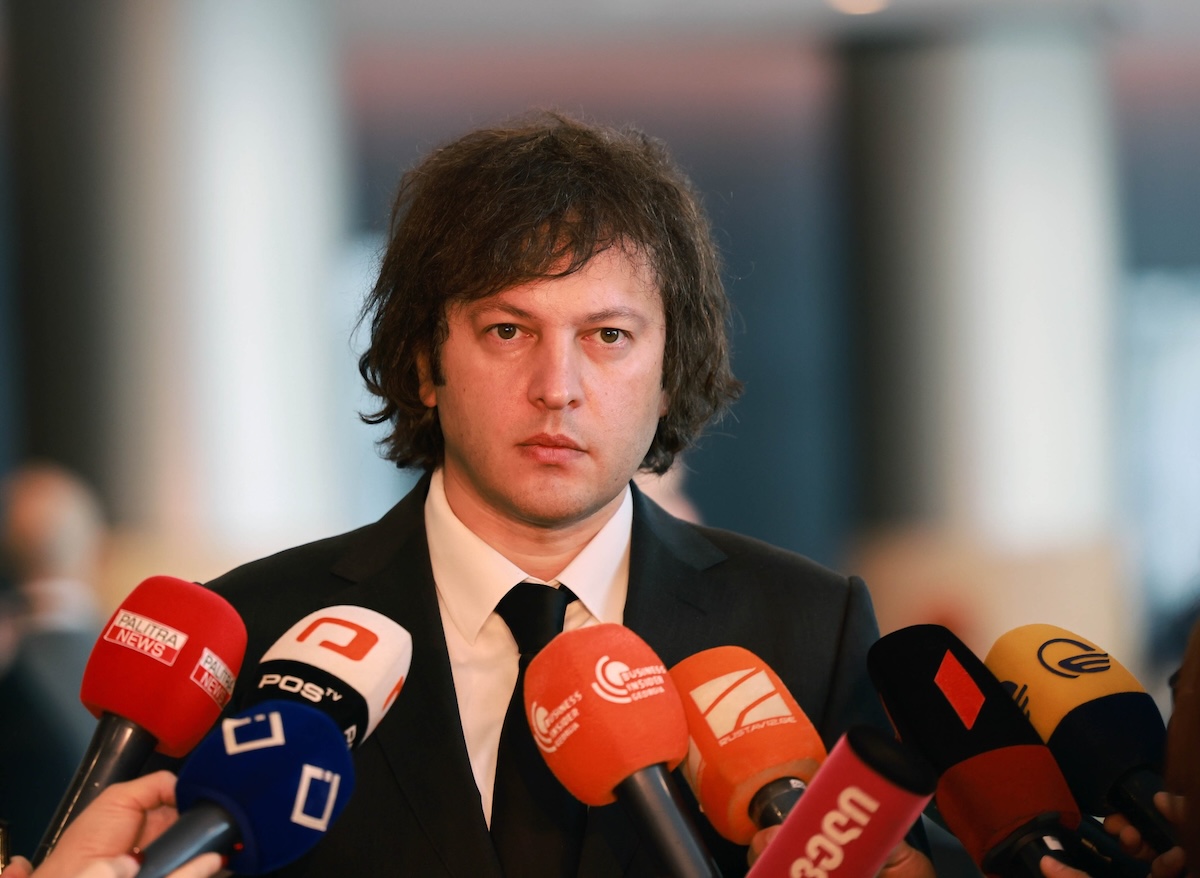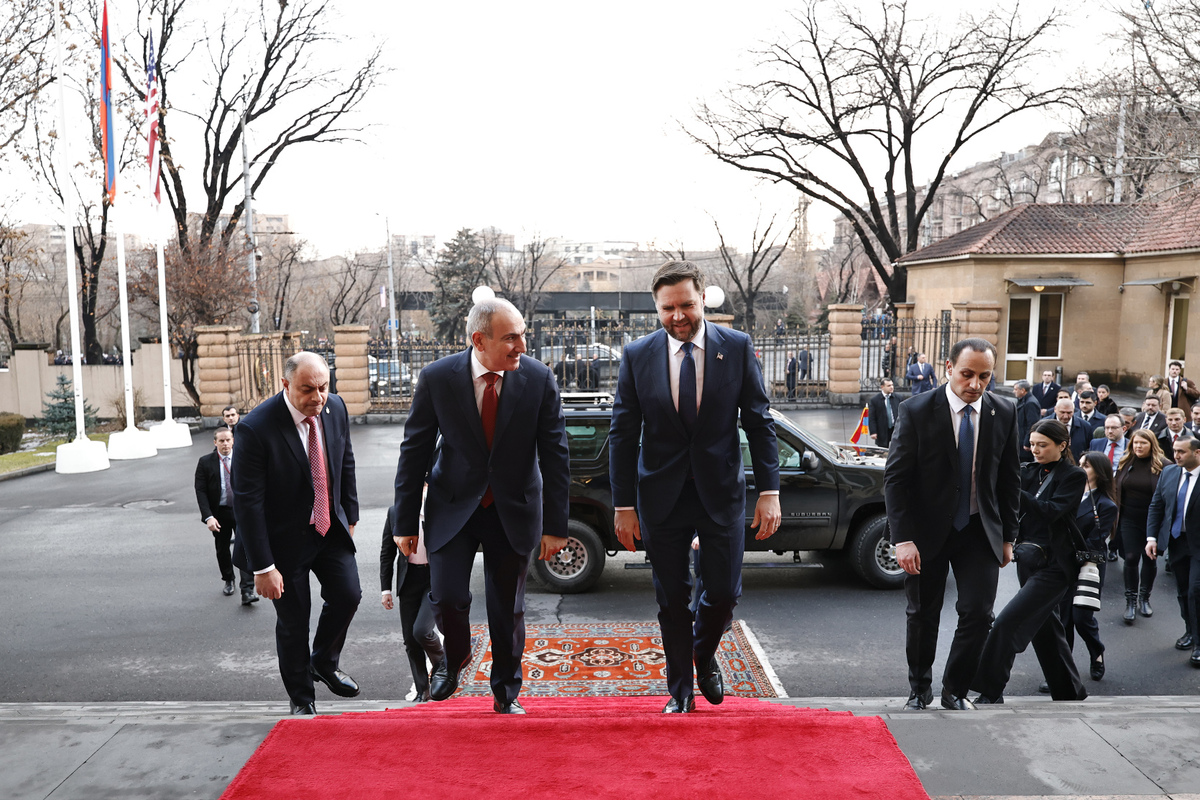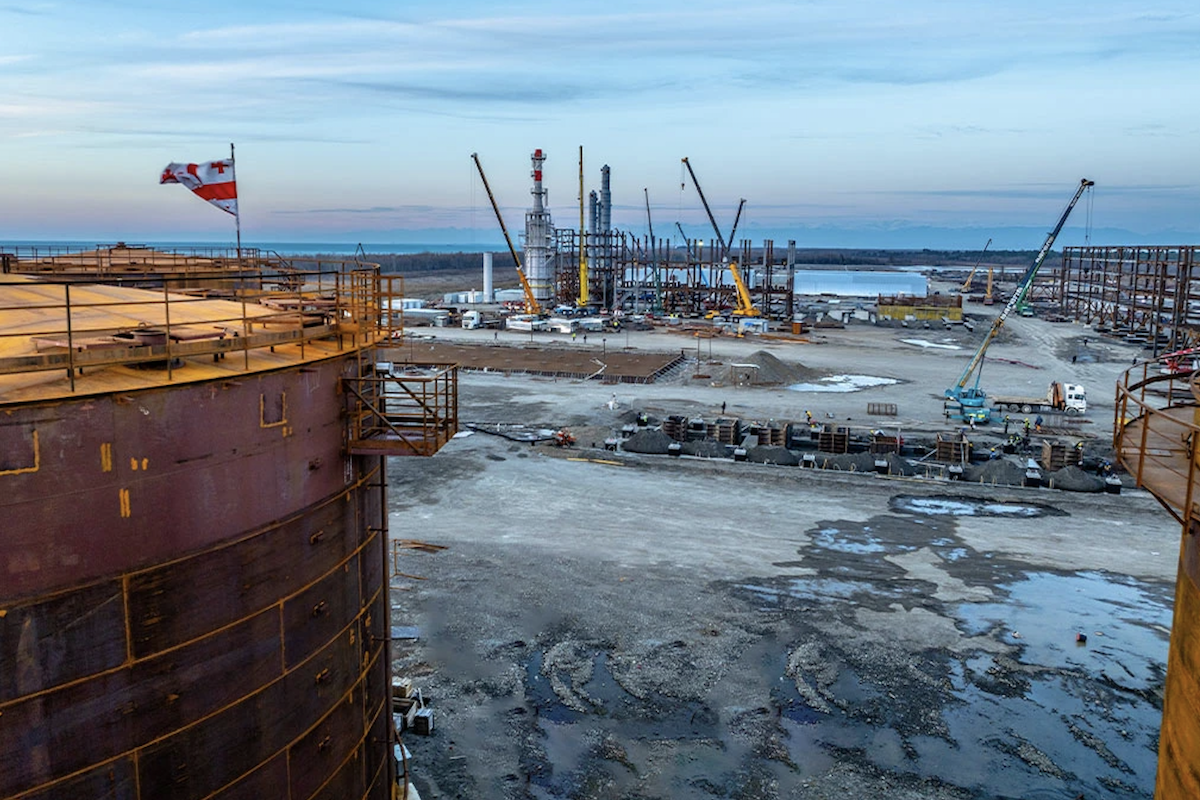All political contenders in Armenia accept snap election results
The political forces that participated in Armenia’s snap parliamentary elections on 9 December have recognised the results of the vote.
Three political forces have entered the Armenian parliament: the My Step bloc, the Prosperous Armenia party and the Bright Armenia party.
Who won how many seats
The My Step bloc, headed by the leader of the Armenian revolution Nikol Pashinyan, received 70.44% of the votes and thus earned 88 mandates.
According to preliminary estimates, there will be 132 deputies in the seventh convocation of the National Assembly. This means that My Step may elect a candidate for the position of prime minister without a coalition.
The Prosperous Armenia party, which came in second, received 8.27 per cent of the vote, and will have 26 mandates in the new parliament.
The Bright Armenia Party won 6.37% of the vote – and, accordingly, 18 deputy mandates.
• Armenian revolutionary leader’s bloc scores big win in parliamentary elections
• Armenian revolutionary leader holds 4-hour press conference
• Scandal brewing between Armenia and other members of CSTO military alliance
The first statements of the victors after the elections
At midnight, after the elections, the leader of the My Step bloc Nikol Pashinyan, invited journalists to a press conference to sum up the election day. He declined to comment on the voting results, but spoke about the quality of the elections:
“I saw how many people, including journalists, assessed the voting process as boring. And I think this is the best assessment. The elections were calm. I think it is now possible to get used to the fact that not all elections cause turbulent events.”
Nikol Pashinyan also explained the reason why, in his opinion, the turnout in these elections was low at just over 48%:
“If we look at the press over the past 15 years, you can see that the opposition and civil society have always said that the government had several hundred thousand votes … absent voters, decreased voters … in addition, you saw that in these elections the citizens of the Republic of Armenia were not forced to go to the polls, and the citizens went to the elections voluntarily.”
Oligarch Gagik Tsarukyan, leader of the Prosperous Armenia Party which ranked second in the number of votes, thanked the citizens who supported him and his party.
“As the second political force, our party is going to be your voice in the government. Our activities are carried out exclusively in the interests of our citizens.”
Edmond Marukyan, the leader of the Bright Armenia Party which took third place, called this election historic. The party intends to achieve a change in the structure of the government and limit the power of the ruling political force. Bright Armenia, according to Marukyan, is going to be an institutional opposition:
“In the near future we will introduce changes to the parliamentary regulations and the structure of the government. We want to create mechanisms for the containment and control of the authorities, although we hope that there will be no thieves and rogues among the new ministers.”
Election assessments by local and international observers
The election was monitored by observers from eight international and 22 local organisations – overall, the elections were positively assessed.
Local observers stated that the elections in Armenia were freer than during the previous nationwide elections, and in accordance with democratic norms.
“No cases of voter bribery, voter intimidation or putting pressure on the free expression of will were recorded. There were no clusters around polling stations … most importantly, we did not record the systematic inaction of the police,” noted the chairman of the Asparez journalist club, Levon Barseghyan.
OSCE observers said:
“The main conclusion on the elections in Armenia: they were held under free conditions and had the wide trust of voters. There were no bribes, no purchase of votes or pressure on voters – the expression of free will was ensured.”
Observers from the CIS noted that the violations recorded by them could not affect the voting results:
“The snap elections to the National Assembly of Armenia held on 9 December, were held in accordance with the Constitution and Electoral Code of Armenia. The elections were held on a multiparty basis, were transparent and open. The election commissions at all levels provided conditions for the free expression of the will of voters.”
Expert opinions
The main topic of discussion for the local expert community was low turnout. Political observer Yervand Bozoyan said that the low turnout was a result of the current government using its administrative resources correctly and not using illegal methods of attracting people to the polls.
As for the election results and the high percentage of votes won by the winner, the head of the Modus Vivendi Centre, Ara Papyan, considers the election result to be as expected:
“My Step was expected to get the absolute majority of the votes. The result of the struggle for the second, third and even fourth places could have been unpredictable, but this was not the case either.”



















